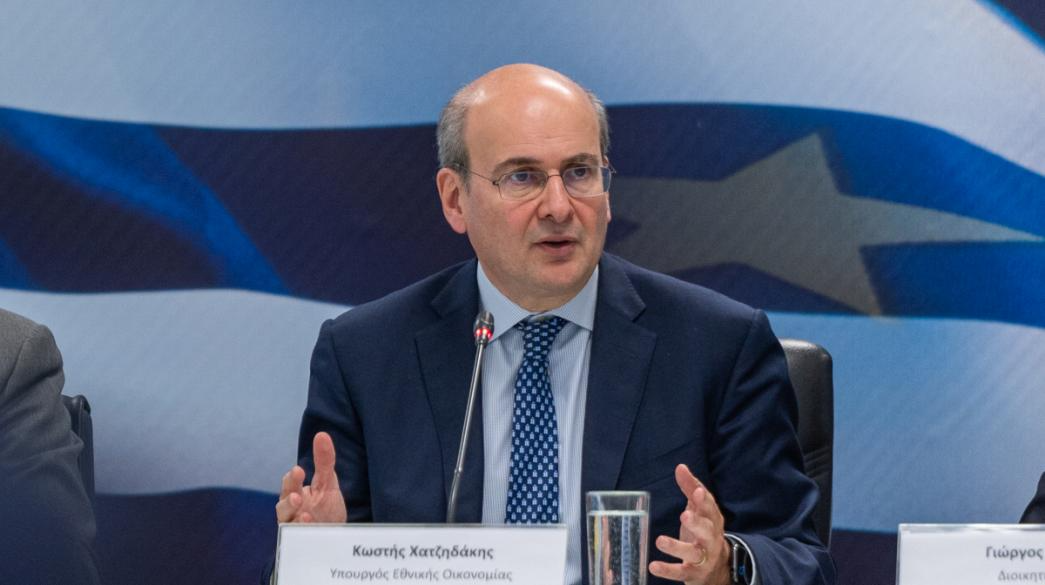
At a press conference today, Deputy Minister Nikos Papathanasis and Minister of National Economy and Finance Kostis Hatzidakis unveiled the draft law for the Public Investment Development Programme (PIP).
As stated in a relevant announcement of the Ministry of National Economy, the regulations included in the draft law aim to accelerate the implementation of projects financed by national and/or European funds and, by extension, to ensure faster and more effective absorption of funds, better project planning, timely assurance of their financing, and further reduction of bureaucracy. It is also noted that, for the first time, a mechanism is being set up to ensure the necessary maintenance of projects, as well as a separate account for financing projects in response to natural disasters.
Minister of National Economy and Finance Kostis Hatzidakis said: "Our country has been achieving historically high performance in terms of investment growth since 2019 and is among the highest in the EU in terms of absorption of European funds. However, the effort continues on a daily basis, at the level of the absorption of EU funds and the combination of these funds with national resources. In this context, a first breakthrough has been made by bringing the Public Investment Programme under the Ministry of National Economy and Finance in order to ensure better coordination between the planning and implementation of the PIP and the state budget as a whole. The government is now moving forward with a new intervention that will strengthen the national effort with the bill for the modernization of the PIP."
Deputy Minister of National Economy and Finance Nikos Papathanasis said: "In 2024, the largest public investment program of the last 14 years, amounting to 12.2 billion euros, is being implemented. At a time when Greece continues to be among the top countries in terms of the absorption of NSRF and Recovery and Resilience Fund resources at the EU level,. We are introducing reform initiatives for even better immediate and long-term programming, the use of digitization, acceleration with transparency of the procedures for absorption of funds, continuous monitoring of the operation of projects, and special care to address the impact of the climate crisis.
We are acting even more firmly in the hopes that the new Public Investment Development Programme will close the investment gap created by the crisis and foster economic growth and social cohesion. Our goal is to preserve every euro of the national and European resources we have already secured. At the same time, the investment dimension of the EIF creates the conditions for further reducing unemployment by creating new and better-paid jobs for all our citizens.






